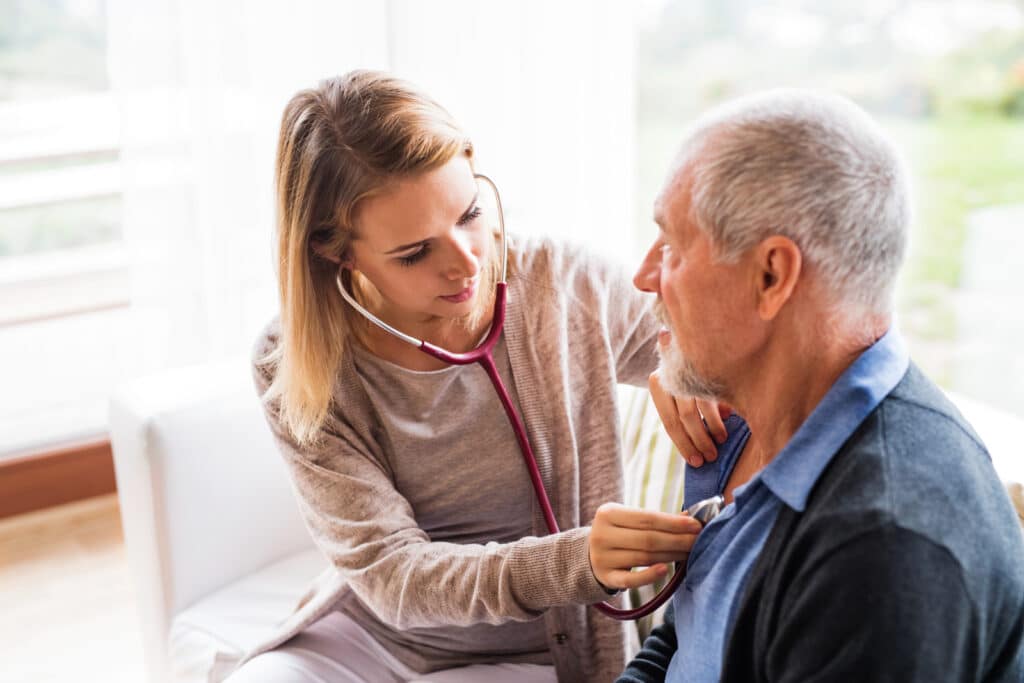This video is the first in a series of interviews we conducted with a handful of Australian patients. In this video we asked patients how much they valued continuity of care.
When 52-year-old Monika was a young girl, she was in a very serious car accident. When she was rushed to the doctor for treatment, an intern took one look at her and said, “That kid’s delirious”. Fortunately, her long-time general practitioner was on hand to set him straight. He told the intern, “No, she knows what she’s talking about”. That’s just one reason Monika feels continuity of care is so important.
While practitioners have long known that continuity of care leads to less hospitalisations and healthier patients, they may be surprised to know that they’re not the only ones who see the value in long-term doctor-patient relationships. Patients do too.
To find out why this is, we interviewed a handful of HotDoc users to drill down into what they most valued about continuity of care.
Trust is critical
One reason patients appreciate a long-term relationship with doctors is because it builds trust. For instance, we spoke to Bob, a 64-year-old who used HotDoc to book appointments for his mother when she was ill.
Although his mother has since passed, Bob says that continuity of care helped foster a trusting doctor-patient relationship, especially for his ailing mother. That’s something that both he and his mother appreciated.
He says, “It’s really important to have a relationship with a doctor where the doctor has credibility and trustworthiness. They’re probably the most important things to me, and in particular, they were important to my mother because of her condition”.
Improved care
Patients also value continuity of care, because it leads to better health outcomes. Jacqui, a 52-year-old HotDoc user, can especially attest to this notion. She’s been seeing the same general practitioner for 18 years. As a resident of sunny Queensland, she regularly visits her GP for skin cancer checks.
She told us, “I prefer to stick with the same person — that way they know all about you and your history and you feel safe and confident with them… I think when you have a long history and a relationship, they always kind of look out- It’s not that they favour you, but they do their best…”
Monika, a 52-year-old mother of three, agrees. She says, “I do see a regular doctor because if you see a regular doctor they know your history, they know what’s wrong with you and they can easily go to what form of treatment to use straight away — they know what works and what doesn’t work”.
Greater ease
Patients also appreciate the convenience when it comes to continuity of care. It makes their lives much easier when they can see a doctor who’s already familiar with their history.
Monika, the car crash victim mentioned earlier, is a prime example of this. Having a doctor on hand who knew her entire medical history was really important when she was wrongfully believed to be delirious.
Laurence, a 38-year-old father, feels the same way. He really appreciates how simple it is to see the same GP each time.
He explains, “I just think that the consistency with [the GP] knowing the history and knowing what the ailments are with the kids — rather than having to go to a different GP and then having to explain the situation again and again — [is much better]. With a history there, that makes it a lot easier”.
Monika also loves not having to give her whole medical history over and over again. “You don’t have to explain every time you see a new doctor”, she says. She dislikes going to new doctors, because she feels it’s like starting from scratch.
“They go, ‘Oh, no. We have to test this, we have to test that’”, she explains.
Connection is key
Of all the reasons patients appreciate continuity of care, it seems like they most appreciate the connection that develops when they have a long-term relationship with their doctor. For instance, Orlanda, a 50-year-old HotDoc user, enjoys being remembered when she goes in to visit her general practitioner.
She says that after the first visit to a doctor, she likes being greeted with a friendly hello the next time around. She adds, “I don’t expect them to remember my medical history but there’s that familiarity… you kind of feel like ‘Oh yeah, he remembers me’, so the connection is already there”.
Monika feels similarly. In fact, she says that when she visits her doctor, “We just have a good old chat. It’s not just… [a visit to] a doctor. It’s sort of like a friend [who’s] part of the family”.



